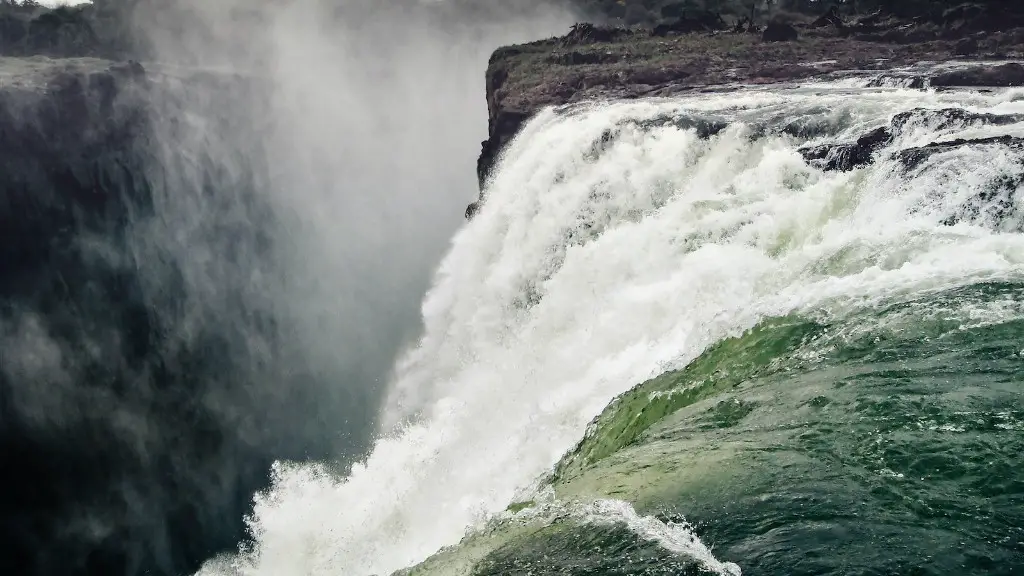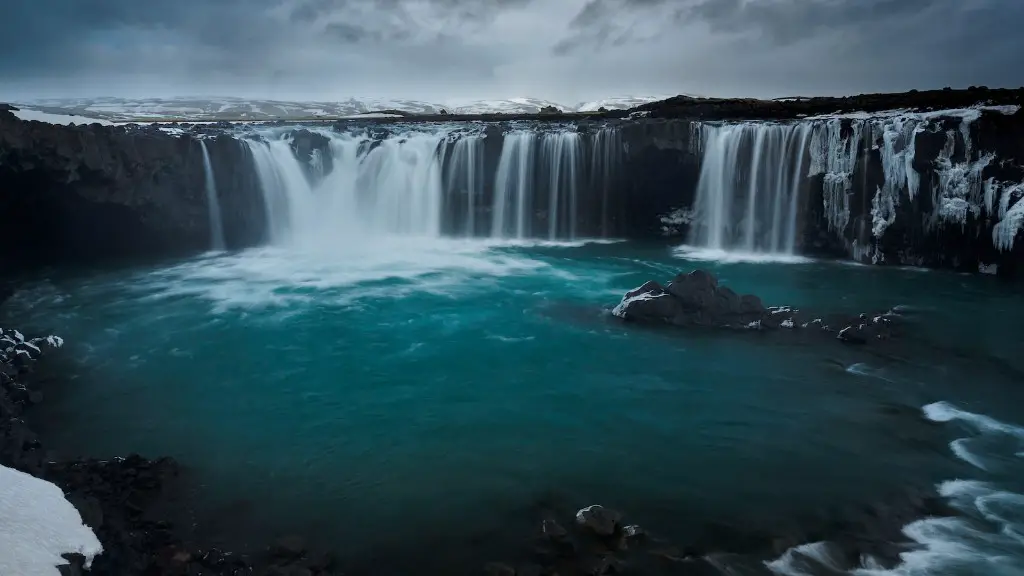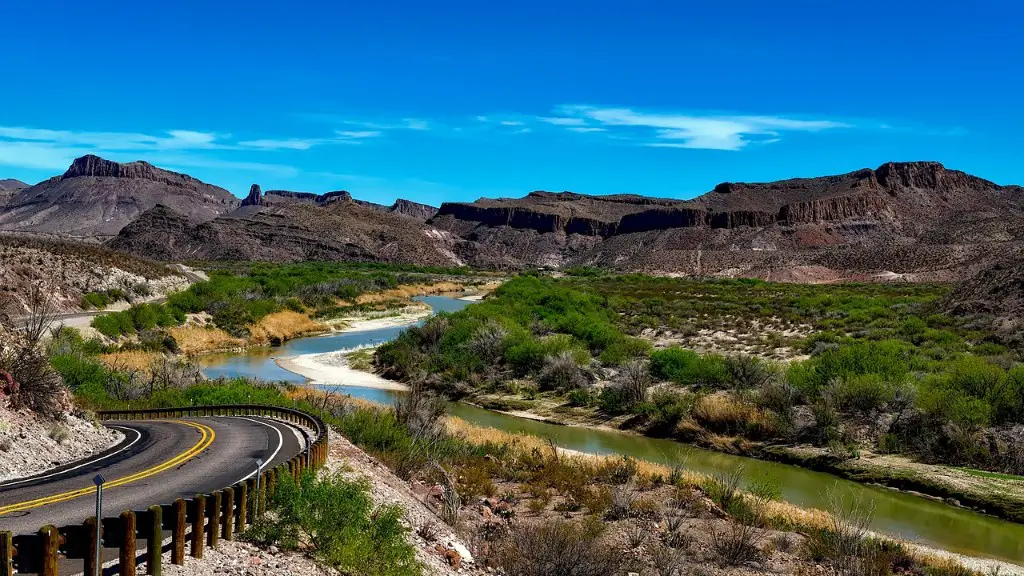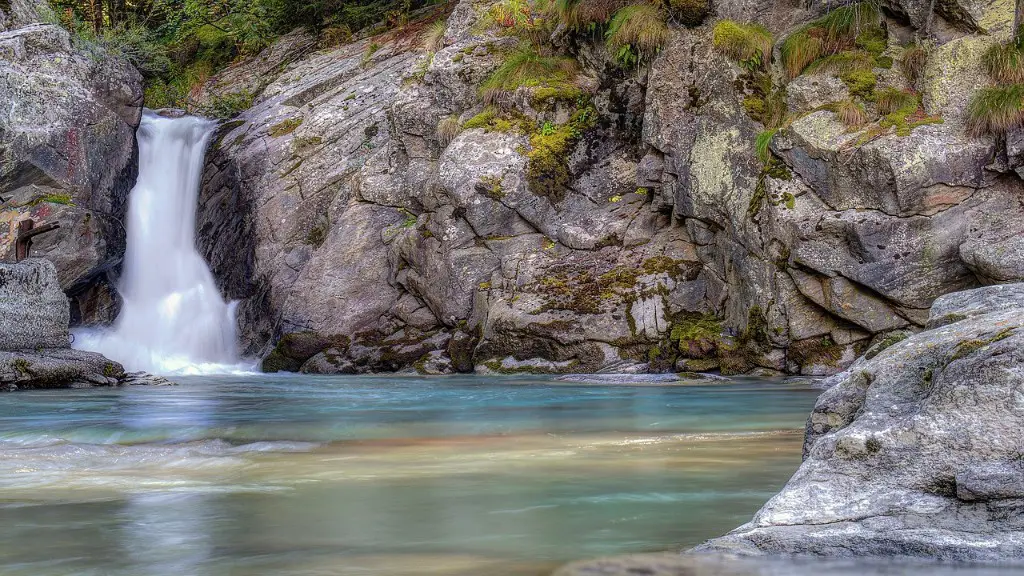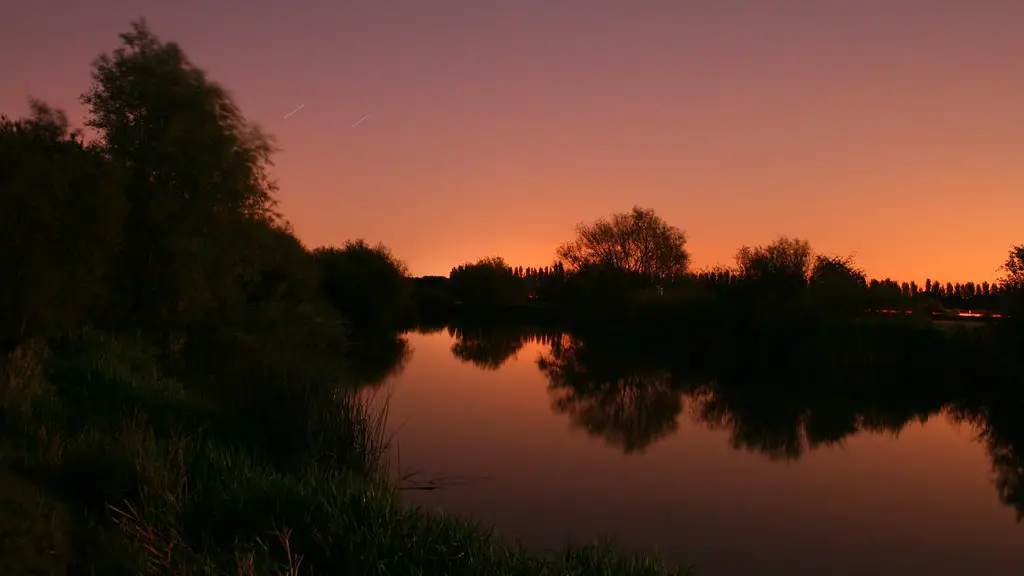The importance of New Orleans and the Mississippi River has been significant throughout American and indeed world history. These waters and their cities have seen invasions, battles, and triumphs, garnered and shared the wealth of international trade and commerce, and served as gateways to exploration and progress.
New Orleans, known as “the Big Easy,” and the Mighty Mississippi, a sweeping continental water artery, are intertwined like no other American location, creating a diverse and majestic culture that has captivated visitors for generations. From its early days as a French colony to its role in the American Revolution, the city of New Orleans has always capitalized on its geographical position – at the juncture of the Atlantic Ocean and the Gulf of Mexico, and along the banks of the Mississippi River.
The Mississippi has been the economic heart of the United States since the first Europeans arrived. It has provided trade routes between the Midwest and the Gulf of Mexico since the early 19th century, and facilitates the creation of a rapid transport infrastructure in the region. This has allowed trade to move quickly and costeffectively, while also enabling the development of an extensive harbor system in the Gulf of Mexico.
In addition to its economic importance, the Mississippi and its tributaries provide the largest water supply for 30 American states, about 15 percent of the continent’s population. This river is a major source of water for industrial, agricultural and recreational activities, and is the lifeblood of nearby habitats. This river basin has a direct connection to the nation’s economy, making its importance in terms of trade and commerce indelible.
It is easy to see why New Orleans and the Mississippi River have been so influential throughout history. They have enabled a level of accessibility and continuity of global trade. The ease of international travel through the river has encouraged people of all social, economic, and cultural backgrounds to explore and discover new opportunities in foreign markets. This has allowed the region to benefit from economic growth and investment, which has been beneficial for all.
In terms of its geography, New Orleans has the unique distinction of being situated at the mouth of the Mississippi and the head of the Gulf of Mexico. This means that it has direct access to both waterways and can expand its influence as a key trading post and port city. In fact, this has enabled it to become one of the most prominent cities in the region, attracting investment and commerce from around the world.
To conclude the importance of New Orleans and the Mississippi can hardly be overstated: it has been an integral part of international trade and commerce for decades and its impact on the American economy and culture has been profound. Its role in providing a viable transportation infrastructure has been instrumental in promoting global trade, spurring economic growth and encouraging innovation.
Influence of the Waterways
TheWaterways have been a major component of the city’s culture, economy and growth. New Orleans has a long history of boating and fishing along the Mississippi providing an important component of the city’s recreational lifestyle. The waterways provide numerous opportunities for visitors and residents alike to explore not just the local area but places beyond. Indeed the waters of the Mississippi are integral to the exploration of Louisiana and the entire Gulf Coast
Furthermore, the waterways have been a major form of transportation for locals and immigrants for centuries. It was one of the main reasons for the city’s prominence in the 18th and 19th centuries, enabling it to become an important port of entry for goods from around the world. Water-based transportation was an efficient way to navigate the busy waterways and even today, the city relies heavily on its close proximity to the Mississippi River.
The waterways have also had a significant impact on the local economy. The river is a vast conduit for trade and commerce and transport of goods in energy, chemicals, minerals and agricultural products. The docks along the waterfront have long been bustling with the activity of import and export operations. This activity continues to be a major source of employment and income generation within the city.
The Mississippi River is also an essential source of power, offering reliable power generation and transmission. Hydroelectric power plants line the river, providing homes and businesses with clean, reliable and affordable electricity. The rivers also serve as a vital source of drinking water and irrigation for agricultural pursuits.
Impact on the Environment
The Mississippi River is also a major contributor to the environment and climate. The river provides many ecological services and supplies the basin with key nutrients and ecological processes which are essential for environmental health. These services include runoff retention which helps reduce flooding in the basin and sediment deposits which help to provide rich nutrient-rich soils for agriculture.
The river basin has also been a refuge for a variety of flora and fauna species. The rich habitat of the Mississippi and its tributaries provides a haven for animals, fish and other aquatic species. Many of these species are endangered and require protection to ensure their continued survival. For instance, the endangered pallid sturgeon, an anadromous fish, is unique to the waters of the Mississippi River.
The Mississippi River has also been a major source of water for the region since the 1800s. This provides drinking water to millions of people in the region. This water has also been used for irrigation, hydropower and transportation, among other uses. The water from the Mississippi River is also connected to the global water cycle and serves as an important resource for many scientific and environmental studies.
Cultural and Social Contributions
The Mississippi River has been a major source of culture and social contribution to the region since its early days. This has been evidenced in the various cultural sites along the river. These include, ancient burial sites and petroglyphs which provide insight into New Orleans and the Mississippi’s past. Many of these cultural sites are now recognized as national heritage units and are open to the public.
The river basin has also been a major source of sustenance for generations of local inhabitants. The fish, shellfish and other aquatic species have provided a reliable source of food locally. This has been, and continues to be, integral to the social and cultural fabric of the region.
The significance of the Mississippi River reaches far beyond that of the local region and the United States. The river has long served as a conduit for international trade, with goods from around the world going through the Mississippi River. This has enabled New Orleans and other towns along the river to benefit immensely from the international trade. As a result, the city of New Orleans has come to be known as a global gateway.
The story of the Mississippi River and New Orleans is deep, colorful, and complex. The importance of these waters to America, both historically and currently, cannot be overstated. They have played a major role in international trade and commerce, connecting the world in ways never before seen.
Environmental Protection Measures
The Mississippi River has long been the focus of environmental protection efforts due to its importance to the region and the world. The US Environmental Protection Agency has launched a number of initiatives to protect the waterway, including water quality standards, pollution prevention strategies, and wetland conservation plans. These measures have resulted in improved water quality, better water management and increased habitat for endangered species.
More recently, the Greater New Orleans Urban Water plan has been implemented in order to protect and restore the health of the region’s wetlands. This plan identifies and implements solutions for the most pressing water management issues, such as flood control, erosion control, beach restoration and habitat protection. It also works to activate communities and organizations in the effort to rehabilitate the Mississippi.
However, there is still a lot more work to be done to protect the Mississippi River basin and its natural resources. In order to ensure the long-term health of this important body of water and its inhabitants, increased awareness and continued action are required. With this knowledge and dedication, the Mississippi River will continue to have a lasting impact on New Orleans and the world for generations to come.
Educational Impact
New Orleans and the Mississippi River have been influential in many ways and have become an important part of the educational fabric of the region. There are numerous educational opportunities surrounding the waterway and its resources, enabling students to gain a deeper understanding of natural processes, economics, culture and more. This can take the form of field trips, lectures, courses and activities, all of which are aimed at fostering the knowledge and understanding of the Mississippi and its inhabitants.
The University of New Orleans, for example, has taken a leading role in the educational exploration of the waterway with various projects dedicated to its wellbeing. In addition, there are various formal and informal educational programs in the region specifically devoted to natural resource conservation as well as science and technology. These programs help to give students a deeper understanding of the waters and the need to protect it.
New Orleans and the Mississippi River have so much to offer the world. From culture, economics and recreation to ecology and education, these waters have had an incredible impact on the lives of many and continue to be important to the nation and the world.
